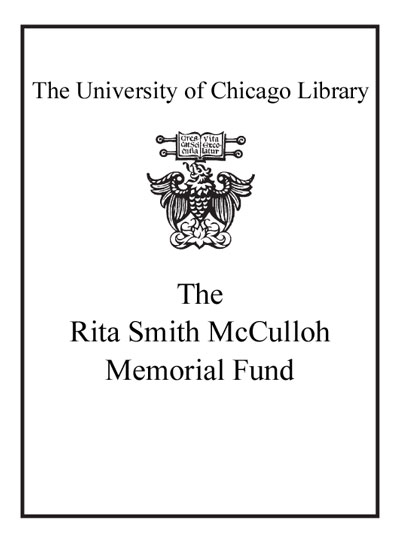Review by Choice Review
Loss (public policy and higher education, Vanderbilt Univ.) offers a well-researched, important narrative of the escalating involvement of federal policy in US higher education from WW I through the 1970s and of the remarkable social outcomes or effects thereof. Incorporating E. E. Schattschneider's concept of policy feedback ("new policies create a new politics"), Loss's account really is that of latter-day American nation-building. Central to Loss's story are three key elements of federal policy: the Servicemen's Readjustment Act, i.e., the GI Bill (1944), the National Defense Education Act (1958), and the Higher Education Act (1965). Conservative reaction arose, perhaps inevitably, in the 1980s following the storm and stress of events of the 1960s and 1970s. By that time, federal policy involvement already had served crucial national security interests. It also had clearly enshrined higher education as one of the key intermediaries between citizens and the polity. Federal policy contributed substantially to the preparation of millions of Americans for effective lives in their increasingly complex and interconnected national and global communities. Loss's book merits a place on university library shelves as well on the reading lists of courses on public policy and on the history of American higher education. Summing Up: Highly recommended. Upper-division undergraduates and above. J. D. Gillespie College of Charleston
Copyright American Library Association, used with permission.
Review by Choice Review

